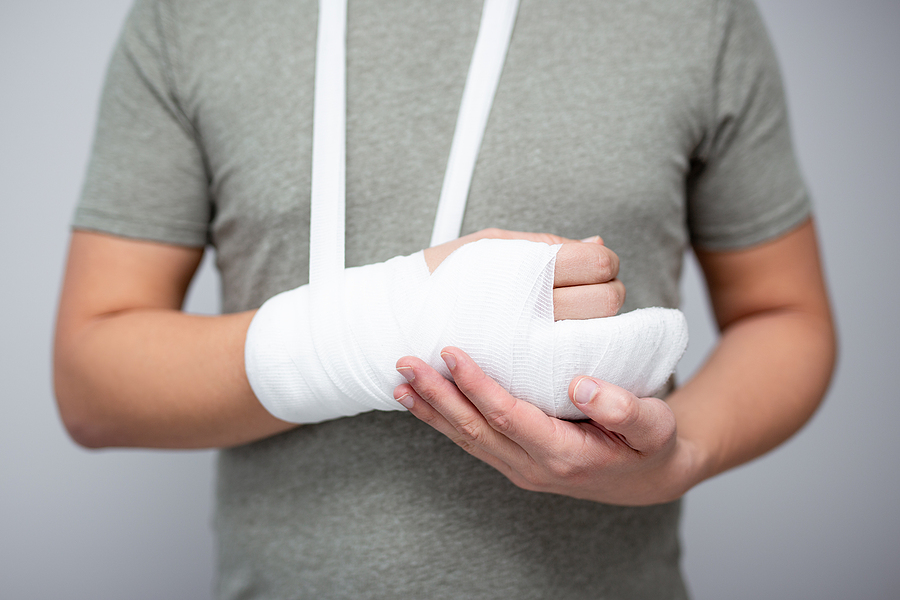Table of Contents
Medical devices are meant to improve quality of life, assist with medical conditions, and even save lives. From pacemakers and surgical implants to prosthetics and insulin pumps, these tools play a critical role in modern healthcare. Unfortunately, some medical devices fail to function as intended, causing harm to the very people they were meant to help. If you or a loved one has suffered an injury due to a defective medical device, you may have legal options to pursue justice and compensation.
In Mississippi, understanding your rights and how to approach these complex cases can make all the difference. Defective medical device claims often involve medical evidence, technical details about the product, and multiple parties, such as manufacturers and healthcare providers. This article explains the types of device defects, legal pathways for injured individuals, and steps you can take to protect your rights.
Recognizing What Makes a Medical Device Defective
Not all injuries linked to medical devices automatically result from a defect. However, many cases stem from issues that could have been prevented. Defects typically fall into three main categories:
- Design flaws: These occur when the device’s design is inherently unsafe or prone to failure. Even if the device is manufactured correctly, a flawed design can cause injuries or complications. For example, a hip implant designed with materials prone to corrosion could harm patients over time.
- Manufacturing defects: Sometimes, errors during production can lead to dangerous defects. These might include the use of substandard materials, improper assembly, or contamination during manufacturing. A pacemaker that malfunctions because of a wiring issue is one example.
- Labeling or marketing issues: Devices must come with clear instructions, appropriate warnings, and accurate marketing information. If a device is marketed for uses not approved by the FDA, or its risks are downplayed, this can lead to harm. For instance, a surgical mesh product might be labeled without adequate warnings about its risks, leading to serious complications.
Who Can Be Held Responsible?
Defective medical device cases often involve multiple parties who could share responsibility for your injuries. Understanding who may be liable is an essential part of pursuing a claim.
Manufacturers
The device manufacturer is usually the primary party responsible for ensuring the safety of their product. If the device’s design or production led to injuries, the manufacturer could be held accountable for damages. Cases against manufacturers often focus on whether the company knew about potential defects and whether they took reasonable steps to address them.
Distributors and retailers
In some cases, distributors or retailers may bear responsibility if they knowingly sold or distributed a defective product. Their role in the supply chain could make them partly liable, especially if they failed to follow proper procedures for ensuring the device’s safety.
Healthcare providers
In certain situations, the doctor, surgeon, or medical team involved in prescribing or implanting the device might share liability. This could happen if they were negligent in using the device, failed to inform you about known risks, or used the device in an unapproved manner.
Filing a Legal Claim in Mississippi
Pursuing a claim for injuries caused by a defective medical device can be complicated. These cases often involve technical details, expert testimony, and navigating state and federal regulations. To file a successful claim, you’ll need to take several important steps.
Establishing the defect
Your claim must show that the device was defective and that the defect directly caused your injury. This typically requires medical records, evidence of the device’s failure, and expert analysis. If the defect involves a known design flaw, having records of similar incidents involving the same device can strengthen your case.
Proving harm
It’s not enough to show that a device malfunctioned. You also need to demonstrate that the defect caused measurable harm. This can include physical injuries, medical expenses, lost wages, emotional distress, and other damages.
Understanding Mississippi’s statute of limitations
In Mississippi, the law limits how long you have to file a claim for product liability. For most personal injury cases, you have three years from the date of injury to file a lawsuit. However, medical device injuries are sometimes discovered months or even years after the device was implanted or used. In such cases, the statute of limitations may start from the date you discovered (or reasonably should have discovered) the defect.
Considering federal preemption
Many medical devices are regulated by the Food and Drug Administration (FDA), and some claims may involve federal preemption. This means that if the device was approved by the FDA through specific processes, it might complicate your ability to sue the manufacturer. However, this doesn’t eliminate your rights entirely, as manufacturers are still required to ensure their products are safe and effective.
Types of Compensation Available
Victims of defective medical devices may be eligible to recover compensation for a variety of damages, including:
- Medical expenses: This includes costs related to surgeries, hospital stays, rehabilitation, and ongoing care to address injuries caused by the device.
- Lost wages: If your injuries prevent you from working, you may be entitled to compensation for lost income and future earning potential.
- Pain and suffering: Non-economic damages account for the physical pain and emotional distress caused by your injuries.
- Wrongful death: If a loved one has passed away due to a defective medical device, surviving family members may pursue damages for funeral expenses, loss of companionship, and financial support.
The exact amount of compensation will depend on the severity of the injury and the circumstances of the case.
Challenges in Defective Medical Device Cases
These claims often present unique hurdles that make legal representation essential. Some of the most common challenges include:
- Complex medical and technical details: Proving a defect often requires a deep understanding of both the medical and technical aspects of the device. Expert witnesses, such as engineers and healthcare professionals, are frequently needed.
- Large corporations and their legal teams: Medical device manufacturers often have extensive resources and experienced lawyers to fight claims. Having a skilled attorney on your side is critical to level the playing field.
- Delayed injuries: Many devices cause harm gradually, making it harder to pinpoint when the defect occurred and how it led to the injury.
Working with an Attorney
Navigating a defective medical device claim on your own can be overwhelming, especially when dealing with corporations and complex legal processes. An experienced personal injury lawyer in Mississippi can help you:
- Investigate the defect and identify liable parties.
- Collect and organize evidence to build a strong case.
- Navigate state and federal laws, including FDA regulations.
- Negotiate with manufacturers and insurers for fair compensation.
- Represent you in court if necessary.
Conclusion
If you’ve been injured by a medical device in Mississippi, it’s important to act quickly to protect your rights. Start by seeking medical attention to document your injuries and address any immediate health concerns. Keep the device (if possible) and any related documentation, such as instructions, warnings, or receipts. Finally, consult a personal injury attorney who has experience handling these types of claims.
Defective medical devices can have life-altering consequences, but you don’t have to face this situation alone. By understanding your legal options and working with a qualified lawyer, you can seek justice and hold responsible parties accountable.

